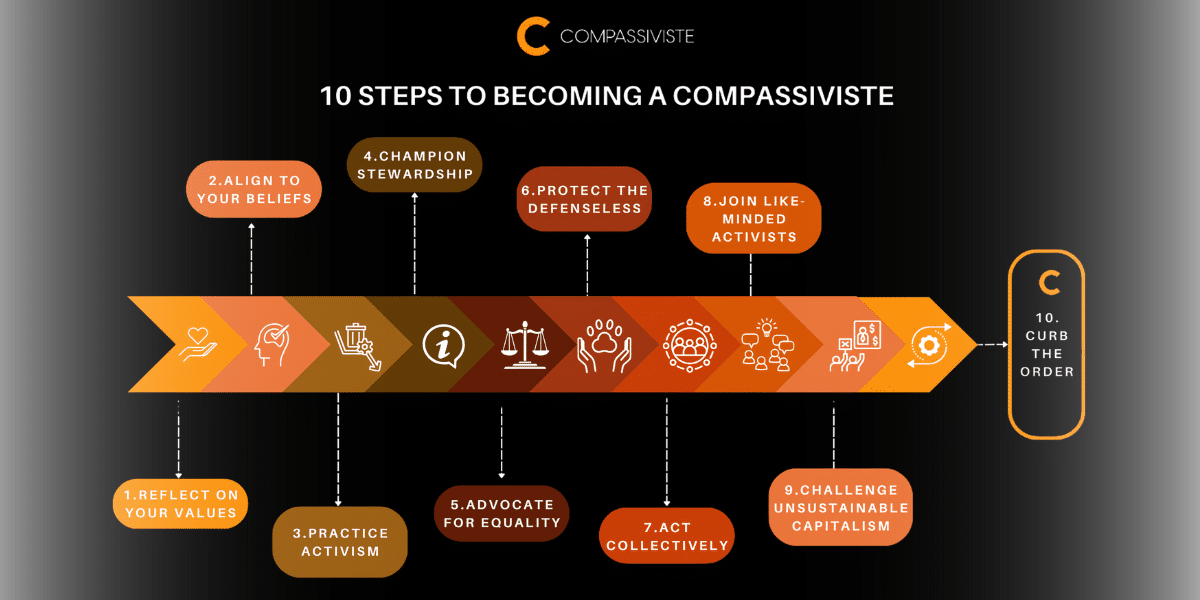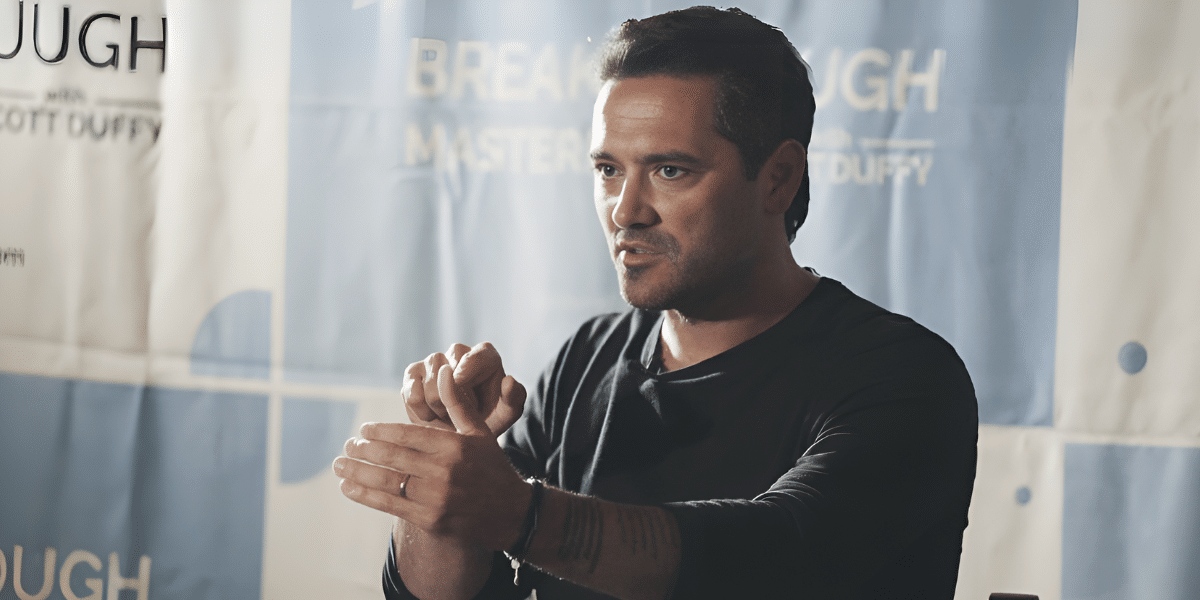In the intricate tapestry of human health, fertility stands as one of the most profound yet challenging realms, intertwining deeply with our desires, hopes, and sometimes, our fears. The journey to parenthood, for many, is not without its hurdles; it is a path laden with emotional complexities and medical intricacies. Recognizing this crucial aspect of human life, Vernita Pearsall, MBA, CMA—Director of Operations at Muna Fertility and owner of VP Fertility Coaching and Consulting—emphasizes a powerful ethos: “Knowledge is POWER.” This philosophy not only guides her professional endeavors but also lights the way for countless individuals navigating the often turbulent waters of infertility.
Understanding infertility requires peeling back layers of medical jargon to reveal a core truth: knowledge indeed empowers. It equips patients with the ability to ask pertinent questions, foster meaningful dialogues with their healthcare providers, and make informed decisions regarding their treatment plans. This article aims to demystify the preliminary stages of engaging with reproductive medicine—arming potential patients with insights that will serve as beacons on their journey to conception.
Navigating the First Steps
The initial consultation with a reproductive physician marks a pivotal moment in a patient’s fertility journey. It’s an opportunity laden with potential—a chance to chart a course through unexplored territories with someone who can guide you through them. However, arriving at this consultation equipped with foundational knowledge can significantly alter the dynamics of this encounter.
Understanding basic fertility concepts such as ovulation cycles, hormonal influences on reproduction, and common causes of infertility can empower patients. This pre-visit enlightenment enables them to engage in discussions more meaningfully and grasp diagnostic explanations or treatment suggestions more readily.
Diagnostic Testing: A Closer Look
Diagnostic testing in reproductive medicine serves as both a map and compass—it helps identify potential obstacles to conception while pointing towards viable solutions. These tests range from semen analysis for male partners to ovulation assessment and fallopian tube patency tests for female partners. Each test provides crucial insights into possible reasons behind infertility issues.
Armed with prior knowledge about these tests—what they entail, what they aim to uncover—patients can navigate this phase with confidence. Understanding that these assessments are steps towards finding solutions can transform what might seem like an intimidating process into a series of manageable milestones.
Crafting a Personalized Treatment Plan
The culmination of initial consultations and diagnostic testing is the development of a tailored treatment plan. Here lies the crux of Pearsall’s philosophy: armed with knowledge, patients are better positioned to collaborate effectively with their physicians in determining the most suitable course of action.
Treatment options vary widely—from medication aimed at stimulating ovulation to assisted reproductive technologies like In Vitro Fertilization (IVF). Each option comes with its set of considerations—efficacy rates, potential side effects, financial implications—and understanding these aspects beforehand enables patients to engage in deeper discussions about their preferences and concerns.
The Power of Asking Questions
Equipped with foundational knowledge about fertility challenges and treatments empowers patients not just in understanding but in questioning too. Asking questions is not merely about seeking answers but about building trust between patient and physician—a trust that is fundamental in navigating such a personal journey successfully.
Questions may range from clarifications about diagnostic results to inquiries about alternative therapies or lifestyle modifications that could enhance treatment outcomes. By fostering an environment where questions are encouraged and valued, patients actively participate in crafting their fertility journey rather than merely observing it unfold.
Final Remarks
Embarking on the path towards addressing infertility is undoubtedly daunting; however, it’s illuminated significantly when one carries the torch of knowledge forward. Vernita Pearsall’s assertion that “Knowledge is POWER” encapsulates more than just an approach towards tackling infertility—it embodies an ethos for facing any significant life challenge.
By encouraging prospective parents to arm themselves with information before stepping into a reproductive physician’s office—for diagnostic tests or treatment discussions—Pearsall isn’t just guiding them through their fertility journey; she’s empowering them to take charge of it. This empowerment doesn’t erase challenges but transforms how individuals confront them—not as insurmountable obstacles but as navigable paths towards realizing their dreams of parenthood.
Published by: Martin De Juan












